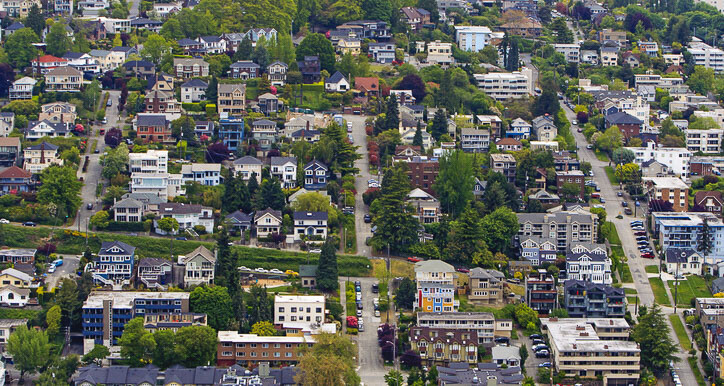
Mark Harmsworth of the Washington Policy Center offers direct legislation that has significantly increased rents and the cost of construction here in Washington state
Mark Harmsworth
Washington Policy Center
Rent and home prices continue to increase in Washington and it’s not just because the population is growing. There are a myriad of factors that are driving up prices. Some can’t be controlled, but some can.

Over the last few years, the state Legislature and local municipalities have continually passed laws that have directly and indirectly increased the cost of construction. A recent study by the National Association of Home Builders estimates the cost of government regulation is about 24 percent of the total cost of building a new home.
Examples of direct legislation that has significantly increased rents and the cost of construction here in Washington,
- Unnecessary changes to the state energy code including the banning of natural gas in commercial and some residential new construction.
- Rent moratoriums, which will increase the cost of rent for all renters as property owners will have to recoup unpaid rent from those that didn’t pay.
- Restrictions on renter background checks that drive up the cost of rent for everyone to recover the cost to repair damage after a disruptive renter.
- Zoning and permit fee increases, particularly in Seattle and King County.
Some examples of government mandates that have indirectly increased the cost of owning a home in Washington include,
- Sound Transit Light Rail, promoted as a way to move significant numbers of people from affordable housing to places of employment is subsidized $179 per rider, with massive increases in car tabs and property taxes. Increased property taxes increase the cost of housing.
- HUD Grants that improve the energy efficiency of older apartment buildings, which on the surface appear to be a sound environmental choice, but the cost results are passed onto other homeowners in the taxing district in the form of increased property taxes.
- Litigation costs for subcontractor labor classification disputes that add to the cost of construction.
- Gas and diesel transportation costs increase, caused by the Washington legislature passing some of the highest gas taxes and fees in the US.
Construction companies and property owners invest time and money into real estate in order to make a profit. When government passes a new law or mandate that requires additional work to be done, the cost of performing that work is passed on to the renter or home buyer.
State and local municipalities can do a lot to help reduce the cost of housing by repealing restrictive laws and stop passing ‘feel good’ legislation that does little to help the long-term market conditions. That’s not to say there should be any regulations on home construction, certainly there needs to be safety regulations, but many laws are imposed with no regard for the cost to implement the law.
It’s time the government got out of the way, repeal unnecessary and over burdensome laws and let builders and property owners develop more available property. Then housing costs will come down.
Mark Harmsworth is the director of the Small Business Center at the Washington Policy Center.




